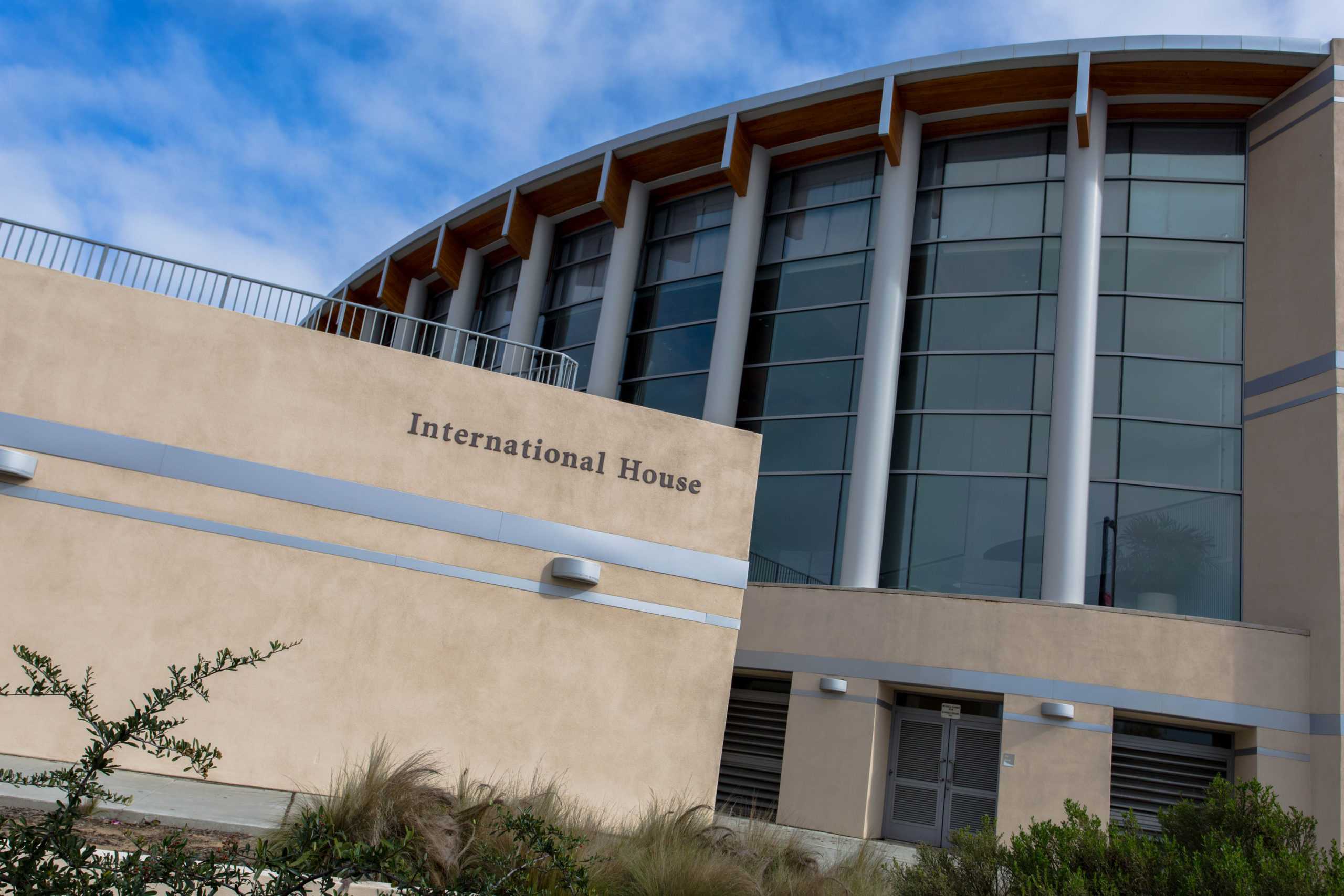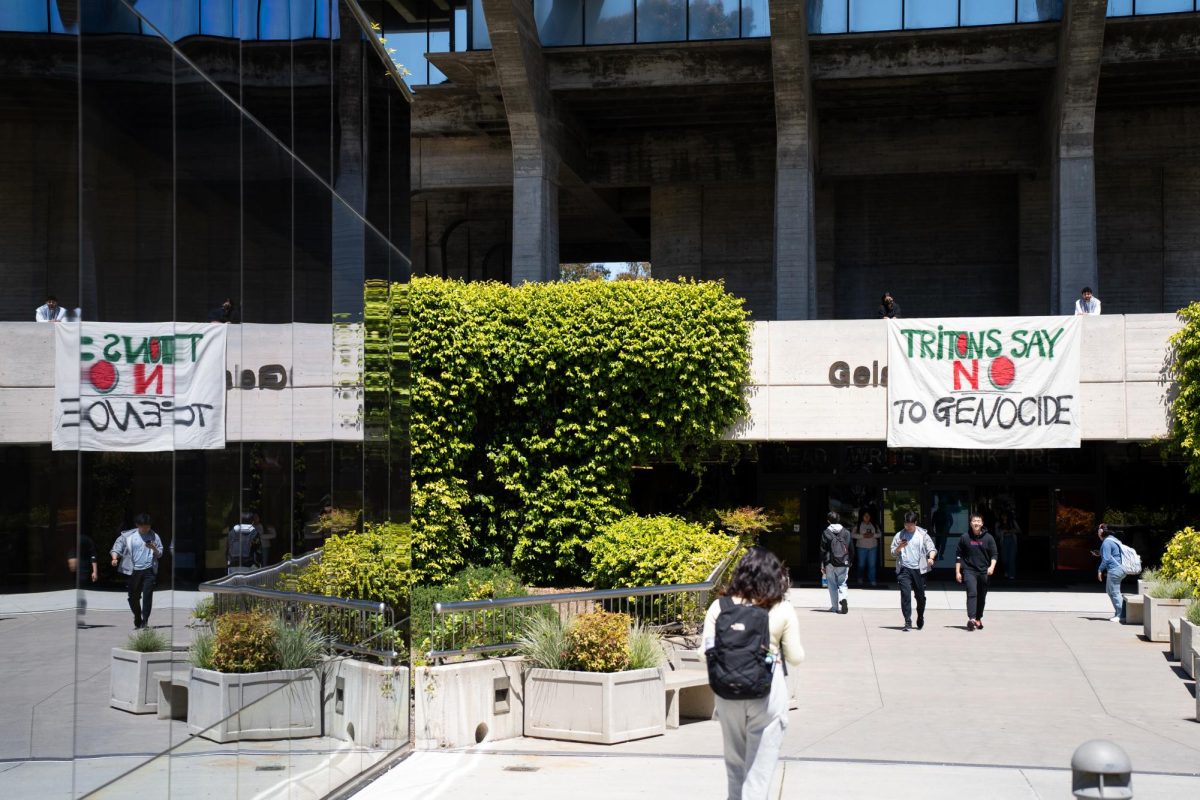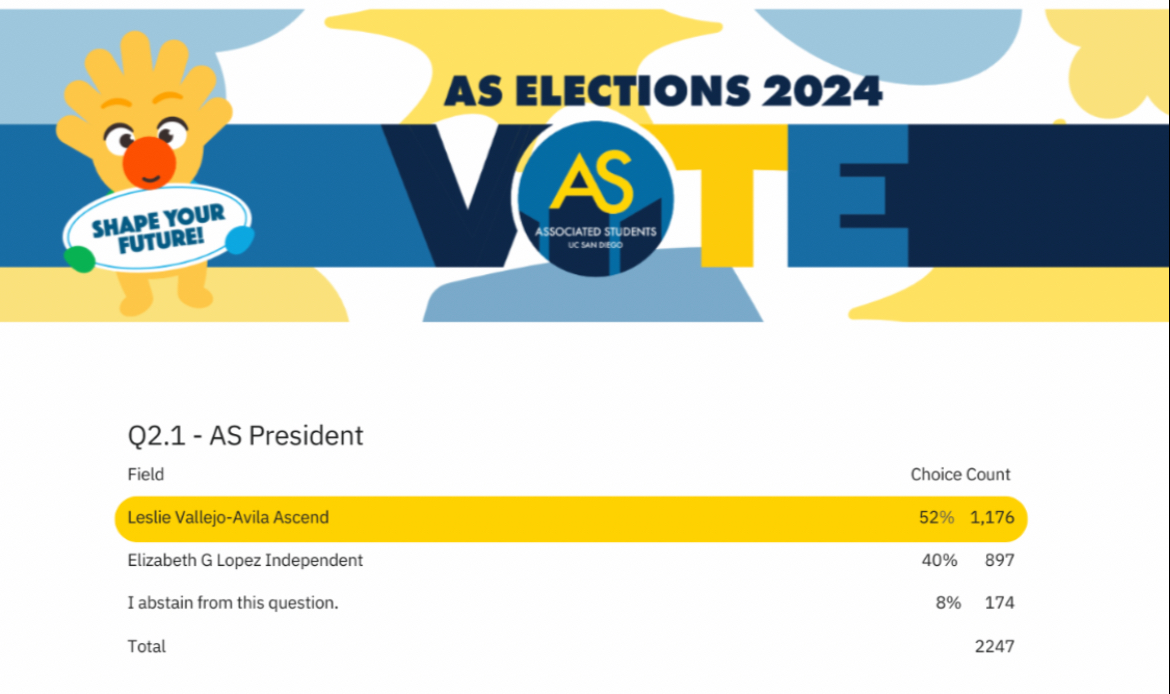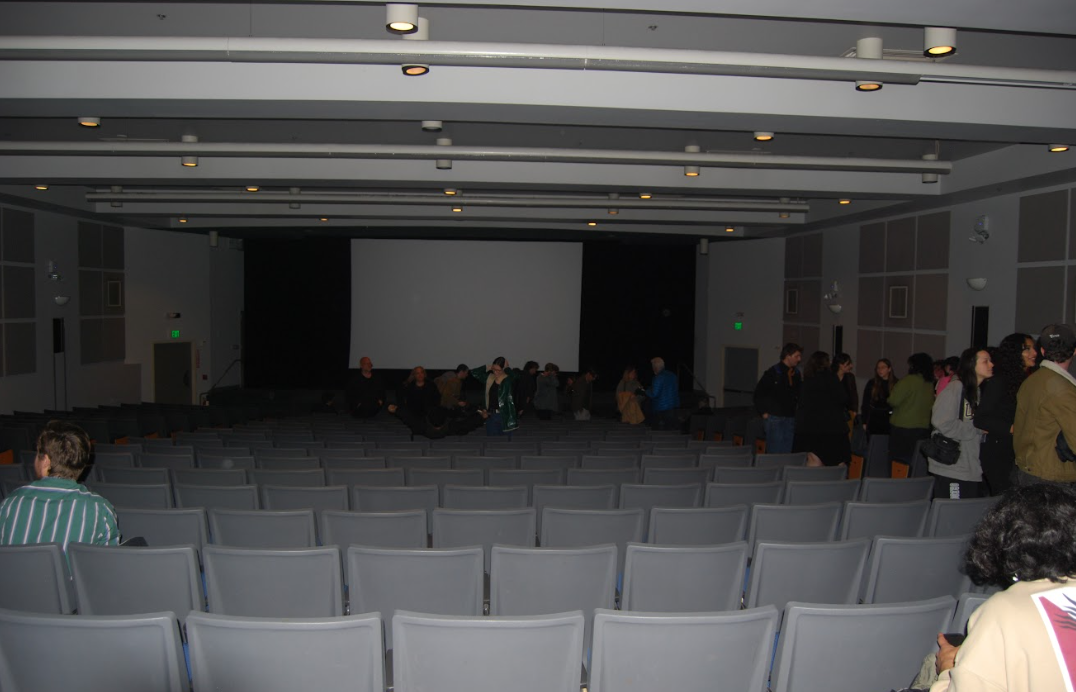The University of California proposed a new policy on April 22 which includes requiring international students overseas to receive World Health Organization-approved vaccines before returning to Fall in-person learning.
The policy is proposed in order to secure the safety of the on-campus community in the fall. It will be finalized and become mandatory for all students on campus after the U.S. Food and Drug Administration approves the COVID-19 vaccines, with sufficient availability of vaccine doses. People who fail to comply and aren’t approved for medical or religious exceptions will not have access to in-person university facilities and programs.
“Most of the classes will be in person. We understand that there may be some remote instructions available as well because we do have learners from all over the world whose circumstances continue to evolve,” Vice Chancellor for Student Affairs Alysson Satterlund said in a student town hall meeting. “But the intention is to highlight and continue to return to in person learning as many ways as we possibly can.”
Students who are partially vaccinated or have received a vaccine that is not FDA or WHO approved by the time of their arrival on campus will be subject to revaccination. There is currently no available data on the safety or efficacy of getting revaccinated in the U.S. after receiving a non-FDA/WHO authorized vaccine.
As of May 16, the WHO has approved the Pfizer/BioNTech, Astrazeneca-SK Bio, Serum Institute of India, Janssen, Moderna, and Sinopharm vaccines for emergency use.
California has the highest number of international students with more than 160,000 enrolled in the state, among which students from China and India are the leading populations. UC San Diego houses more than 8,000 international students. On estimate, 20 to 25 percent of the campus’ enrolled international students are overseas during the pandemic.
“There should definitely be accommodations for international students coming into the U.S.,” AS international senator Dakssh Saraf said to The UCSD Guardian. “International students are one of the demographic groups that’s been most impacted by the pandemic. Some are stuck in the U.S. and couldn’t go home, while some are stuck in their home country and couldn’t come here.”
On April 21, the U.S. Department of State made a national interest (NIE) exception which loosened the travel restriction on students from China, Iran, Brazil, South Africa, the Schengen area, the United Kingdom, and Ireland. Students who will begin their academic programs on and after Aug. 1 with a valid F-1 or M-1 visa do not need to contact the U.S. embassy or consulate for individual NIE to travel.
However, due to the current closures of many U.S. embassies and consulates and long visa processing times, international students who need to apply for a new F-1 or M-1 may not be able to arrive on campus in time for Fall instruction.
“There are many efforts now ongoing about how faculty are made aware of the need for some students potentially to be offered remote courses,” Director at International Students and Program Office (ISPO) Dulce Dorado said in the student town hall. “We also encourage our students to work with your department and your faculty because there may be planning that needs to happen in terms of academic plan.”
Beginning on July 1, academic departments will work with the Registrar’s office to accept changes to classroom requests or instruction modality.
In addition, because international students are not eligible for CARES Act or Higher Education Emergency Relief Funds, the Associated Students will support ISPO with $250,000 to help students with basic needs such as food and housing costs, books and supplies, transportation, and more. They will also help supplement additional mental health services for students.
The international student advisory council also has worked with AS to advocate for remote learning options for Fall 2021. Their advocacy letter calls for faculty to consider the continuation of remote lessons amidst the return to in-person learning.
“There is a need for everyone to realize that lots of international students might not be able to return to the US in time for school,” Dakssh said. “To create that remote learning for these students is very essential for the continuation of education.”
The letter is open for endorsement and will be sent to the Vice Chancellor of Student Affairs after A.S. approval.
“I wish to have remote learning in fall. I developed some serious mental problems during the pandemic and I always felt lonely, so I went back to China in the Winter quarter to stay with my parents,” fourth-year international student Xinyi Zhang said. She will enroll in Fall quarter to complete her undergraduate degree.
“The contract for my housing in San Diego will end in July, having the remote learning option will also save me from finding new housing,” Zhang added.
Students who have questions about the proposed UC vaccine policy can contact the University of California Office of President at [email protected] or reach out to ISPO for any concerns regarding the travel from overseas to campus.
Photo courtesy of Christian Duarte for The UCSD Guardian.
The article was updated on May 17, 2021 at 4:21 PM to clarify A.S. funding to ISPO.














